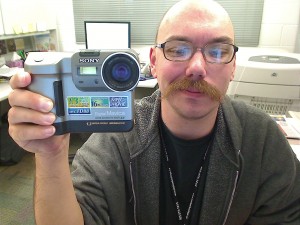This post is a little off-topic but relates to learning, and more specifically, my own learning online. In a previous lifetime (about 15 years ago now) I was going to school to be an audio engineer – and we learned about electronics as part of the core courses to graduate. It’s been handy to know about circuits and electrical theory, but I haven’t used it in many years so it’s not on top of my mind. I’ve been thinking about building guitar effects pedals, so I’ve been prowling around the web looking for lessons on soldering (my weakness), schematics and whatever else I could find. And I’ve found a lot! Tons of message boards, plenty of PDF schematics, lots of discussion around noise-making, adapting circuits, bent circuits and many beginners tutorials. In fact, had I known back then what I know now, I might not have given it up to do something else.
What this has to do with learning is simple, in my case, I’m motivated to learn and will spend most of my time doing so if given the freedom to do so. Much like learning in informal settings – motivated learners taking on tasks that are directed to solving their problems.
